Is it time for the BBC to stand on its own two feet?
Should the TV licence – a form of compulsory poll tax on viewing – be scrapped?
These are fair questions to ask following the news the licence fee could rise by almost £15.
With talk of it going up from £159 to £173.30 a year, some folk argue my former employers are squeezing the public dry.
The licence fee currently brings in £3.5 billion a year to BBC coffers.
Many think it’s past time for the corporation to put its programmes and services to the test and see if people are willing to pay for them voluntarily as opposed to being forced to.
‘Forced to pay’
I subscribe to Sky and TNT Sports – formerly BT Sport – for my football coverage but I have the choice whether to do so or not based on how much they’re charging.
That option isn’t available for the BBC licence fee; instead we are forced to pay under compulsion of a fine and a criminal conviction.
While local and national newspapers struggle in an ever tougher financial market to maintain staffing levels to report on issues which affect people in their communities, the Beeb has calmly sailed on knowing their income is by and large secured.
Crucial areas like court reporting and local government coverage are seldom covered in any serious depth if at all by BBC, while UK newspapers providing those vital local services are folding or making severe staff cuts.
In some respects it’s like a form of modern day poll tax and one which the mafia might have been proud of dreaming up.
Fans of the corporation say the BBC produces world-class programmes in areas like wildlife and entertainment, and also gives the UK a unique influence across the globe with the World Service.
Critics say other broadcasters like Netflix and Sky also produce great output but that we have the choice whether to pay for them or not.
They also question why the UK needs to have a World Service and ask if its value is anything other than a global propaganda arm.
The BBC is a creature of Royal Charter setting out its object, mission and public purposes.
And the corporation has established a set of values which include – among other claims – trust and respect.
Again in a modern world some folk think this all smacks of old Soviet-style state bureaucracy, while supporters claim the institution must remain free from political interference and be an objective and impartial source of news and information.
The world has changed rapidly around the BBC though.
Huge new players like Netflix have arrived on the scene, as has social media.
‘Overstaffed and overpaid’
The likes of Twitter, now known as X and owned by the planet’s richest man Elon Musk, have ensured the vice-like grip the BBC once enjoyed in reporting on news and current affairs been dramatically loosened.
One well-respected academic and broadcaster told me recently the BBC couldn’t survive as it currently stands if it had to make its own way in the world, saying it’s massively overstaffed and overpaid.
I know from my experience it certainly has a huge advantage in terms of employee numbers and resources by comparison to the independent sector.
I’d suggest the BBC should be thankful for its current privileged position.
It would be strictly mad to ask for more money when other news organisations, which have to exist on their own ingenuity, are faced with a much tougher environment.
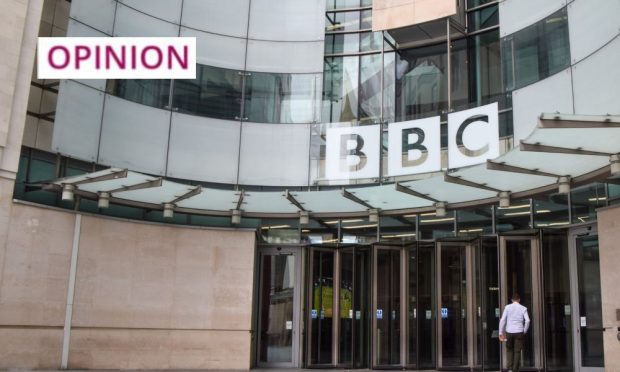
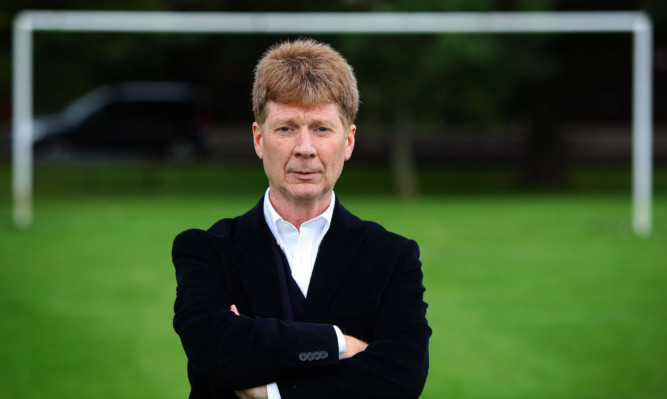

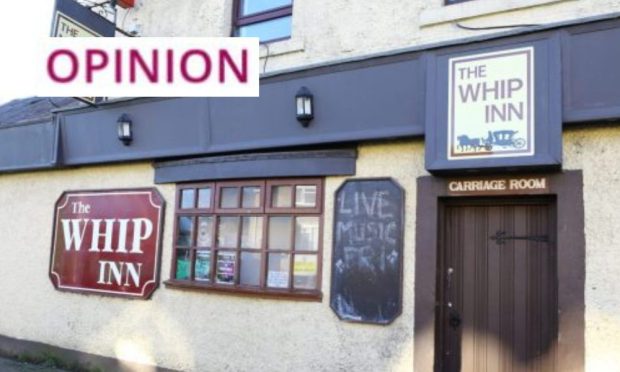
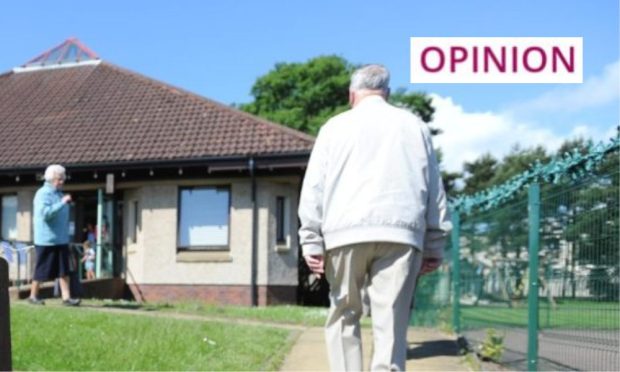
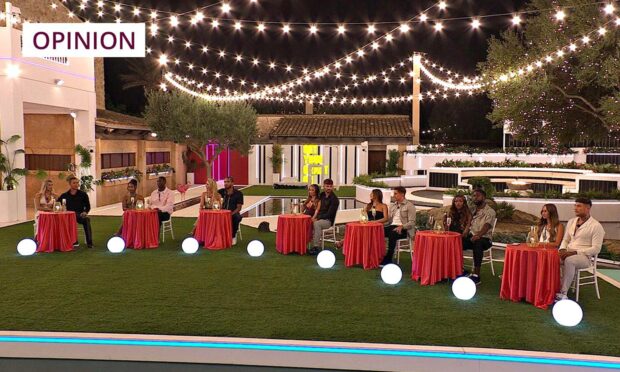
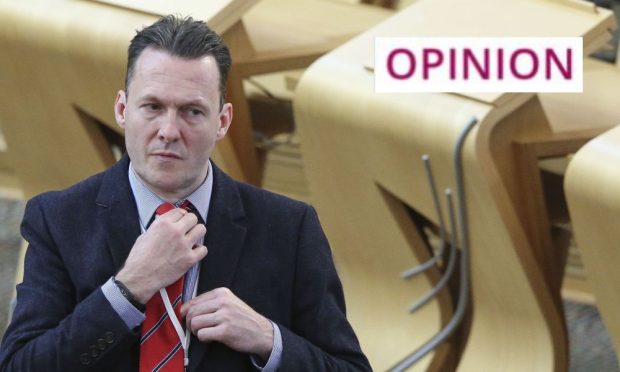
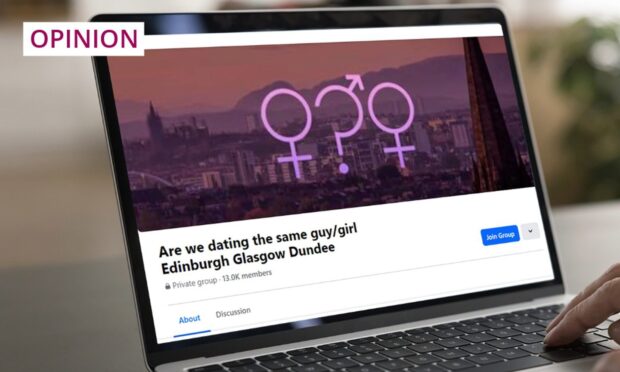
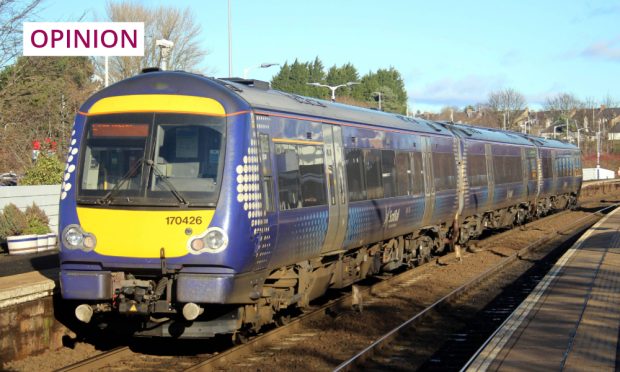
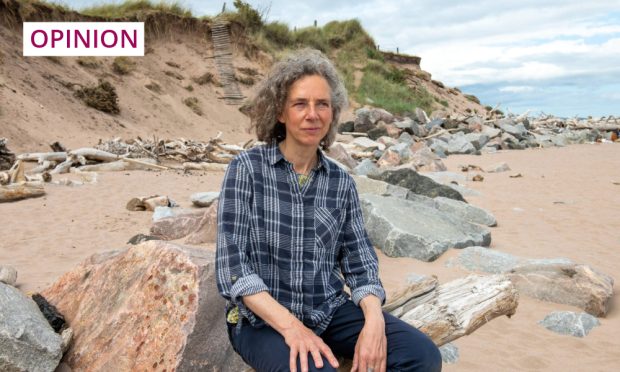
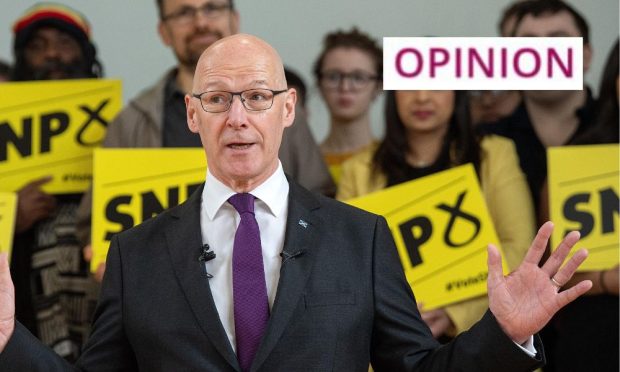
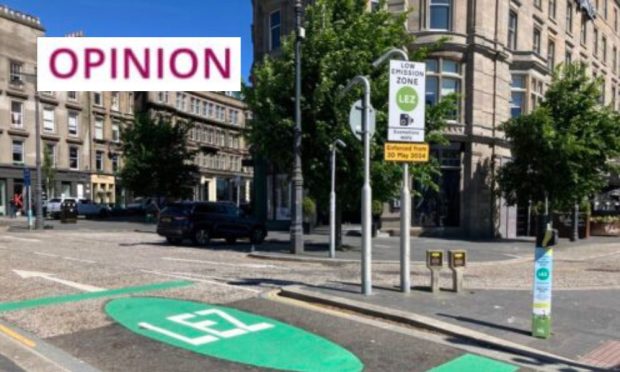
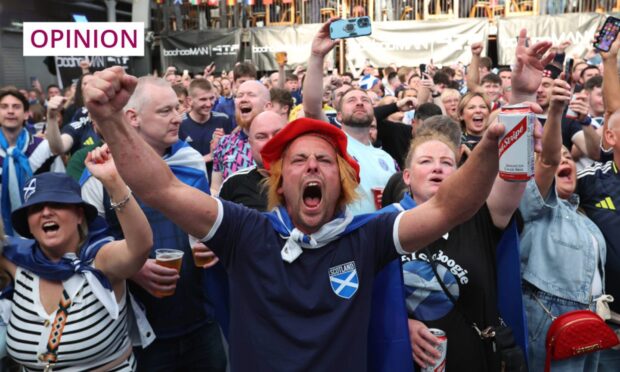
Conversation